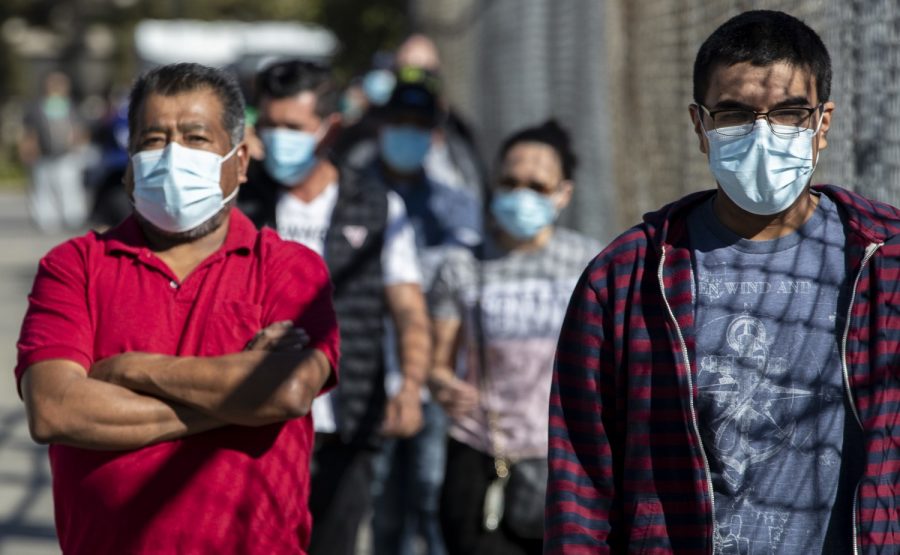The global coronavirus outbreak is a wake-up call for companies to carefully review the strategies, policies and procedures they have in place to protect employees, customers, and operations during this time, but is that the case?
These protocols and resources don’t mean anything if businesses and corporations aren’t being responsible and proactive.
The Center for Disease Control is constantly updating guidelines and providing information on what to do if you’re exposed to COVID-19, and even how to reduce the chances of getting sick.
These organizations need to do a better job of protecting their employees and consumers by informing them when they’ve been exposed to someone positive for COVID-19 and stop cutting corners for their own benefit when dealing with positive cases.
COVID-19 has been here for over nine months now and while there still isn’t an official vaccine available, we need to follow the guidelines on how to deal with the virus.
There is no shame in having COVID-19; in fact, at this rate, everyone is bound to get the virus at some point or know someone who has/had it.
We already know that the virus is mainly spread through close contact between people and that those who are infected can either show symptoms or be asymptomatic and never know they’re positive.
According to the CDC, people who are positive for COVID-19 should be isolated at home while those who have been exposed or had close contact with someone positive should also be quarantined as well.
Yet despite these guidelines and suggestions, organizations are dropping the ball and not notifying their employees and consumers when they’ve been exposed and that is wrong.
Whether they fail to properly inform them because of HIPPA regulations, fear of causing panic, or another unexplainable reason, is still unclear, but people cannot take the necessary actions to protect themselves and reduce the spread if they’re unaware of exposure.
Even if organizations don’t disclose positive cases within the workplace because they don’t want to pay for testing or have to close down the facility if all staff are affected, they should leave the decision to test and isolate or quarantine up to the employees themselves, without fear of being punished or retaliated against.
In addition, the CDC recommends that those who have tested positive for COVID-19 can be around others again 10 days after symptoms first appeared.
On the 10th day, people should wait 24 hours without having a fever or the use of fever-reducing medication along with the improvement of other symptoms.
Getting your sense of taste and smell are the last things that will return and don’t require extended isolation.
On the other hand, those with existing health conditions or weakened immune systems may need to wait longer than 10 days and require testing to determine when they can be around others.
Again, despite these guidelines, employers are rushing their employees to return back to work before they are fully recovered and not requiring a negative test or doctor’s clearance for return, sometimes simply for the sake of the business and to continue to turn a profit.
All of these poor decisions only add more stress to an already difficult and overwhelming year.
As scary as it is to know that you’ve been exposed and could possibly have the virus, individuals deserve to know if their health is at risk so that they can protect themselves and their loved ones accordingly.
Corporations need to do better by doing their part to protect the lives and health of their employees and consumers; two groups crucial to the overall survival of their business, before they are the ones gone.


















